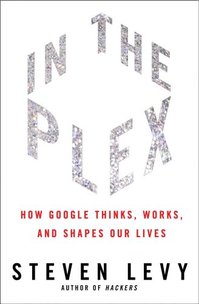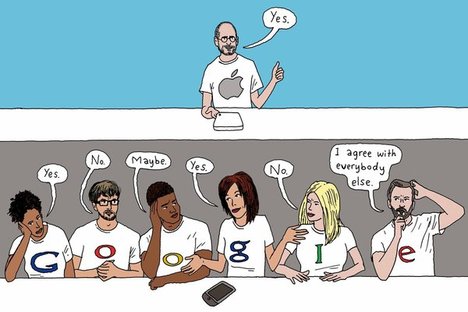Source of book image: http://www.kurzweilai.net/images/intheplex.jpg
On C-SPAN’s book TV I saw the last part of an interesting and entertaining interview with Steven Levy that was originally recorded at the Computer History Museum on April 6, 2011. Levy is the author of of In the Plex which I have not read, but which is now on my to-read list.
At the end of the interview, Levy read a passage from his book about how Larry Page is obsessed with reducing latency, which is a technical term for how long we have to wait for something to happen on a computer.
Isn’t it wonderful that Larry Page is on a crusade to save us from wasted time?
Book discussed above:
Levy, Steven. In the Plex: How Google Thinks, Works, and Shapes Our Lives. New York: Simon & Schuster, 2011.
(Note: “latency” appears on the following pages of Steven Levy’s book: 93, 184, 185, 186, 187, 207, 262, and 398.)





